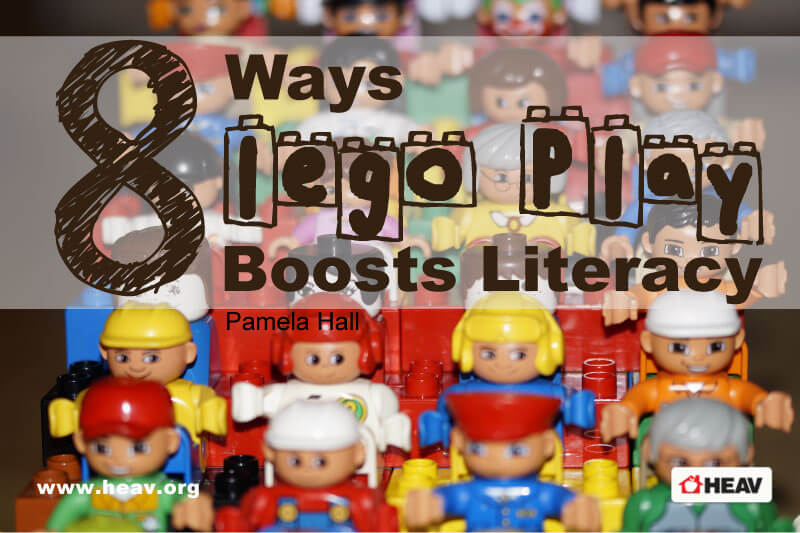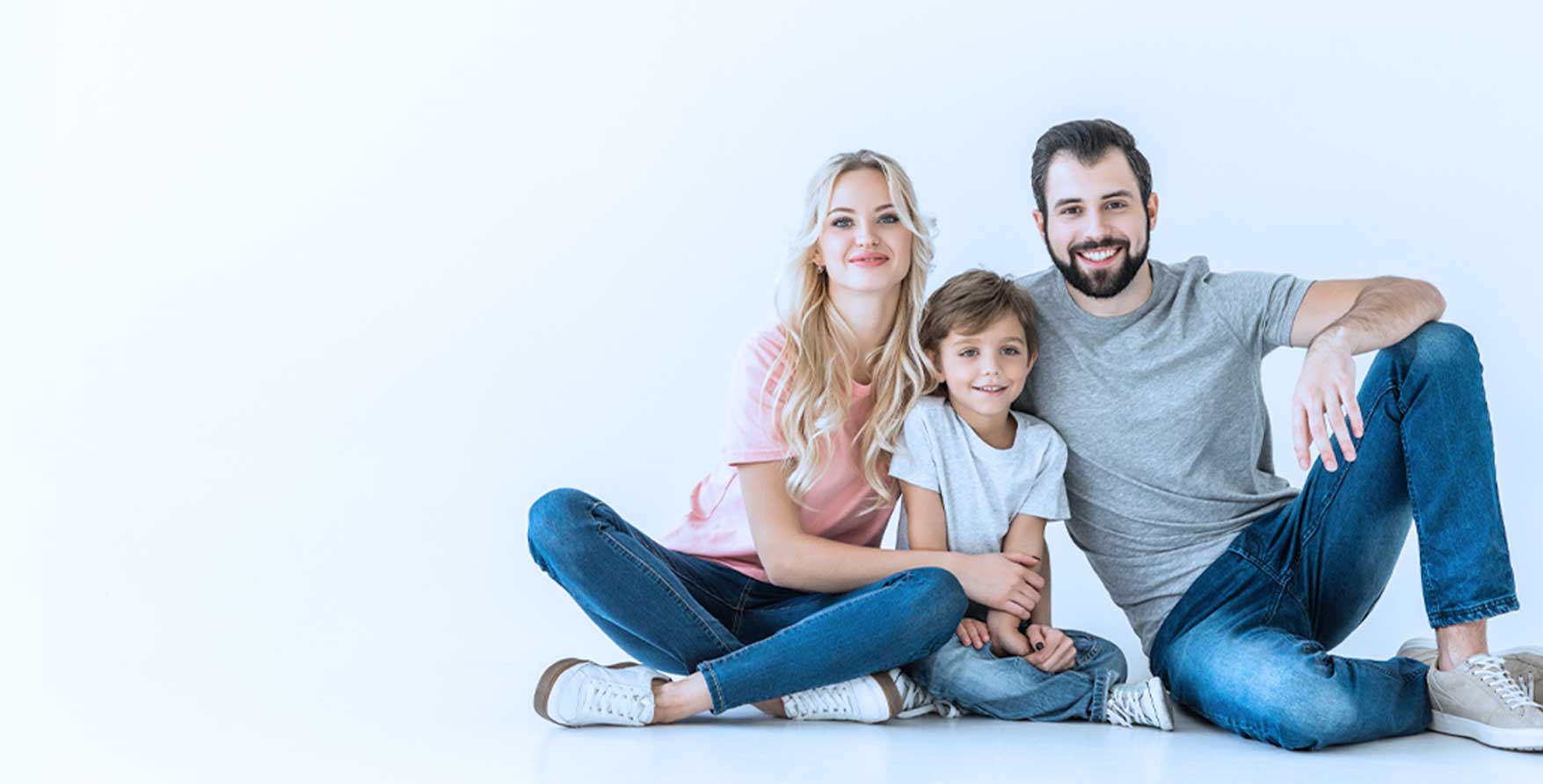Learning with Legos: 8 Ways Lego Play Boosts Literacy
The word Lego® conjures up many favorable thoughts for parents and children alike. (Unless you are a parent that has stepped on a Lego block barefoot; then, that is a different story!) Learning with Legos may not be on the radar, but I don’t think I’ve ever met a child that didn’t enjoy Lego blocks. I fondly remember playing with them for hours and hours when I was a child. Then, when my boys were younger, they reenacted battles and more using Lego blocks. Lego sets occupied them for hours as they created and used their imaginations to make masterpieces.
Lego sets are so valuable to our family that they are the only toy we’ve saved. We pull them out when children visit, which happily occupies our little visitors. Legos are classics; they are a timeless toy that bring endless benefits to our children.
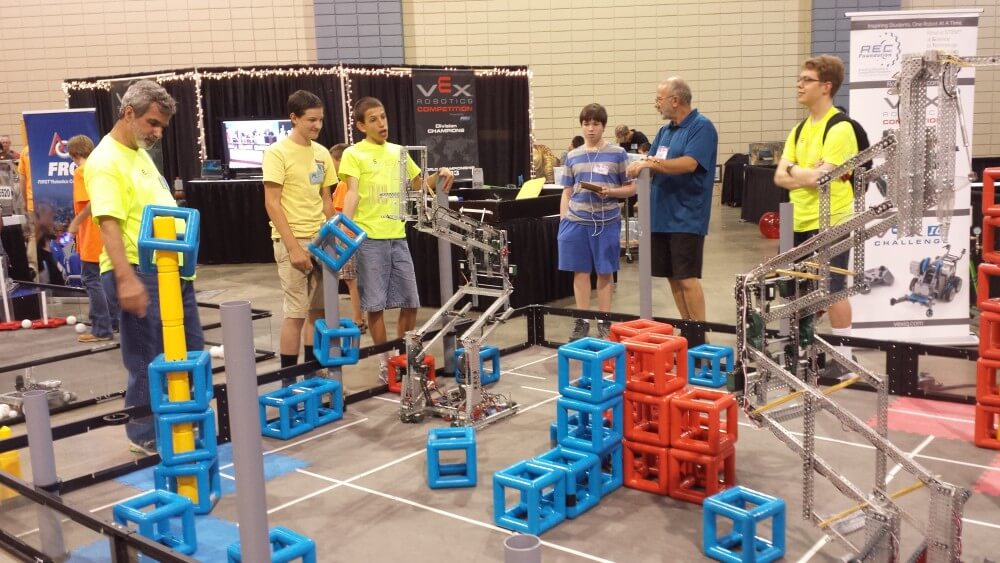
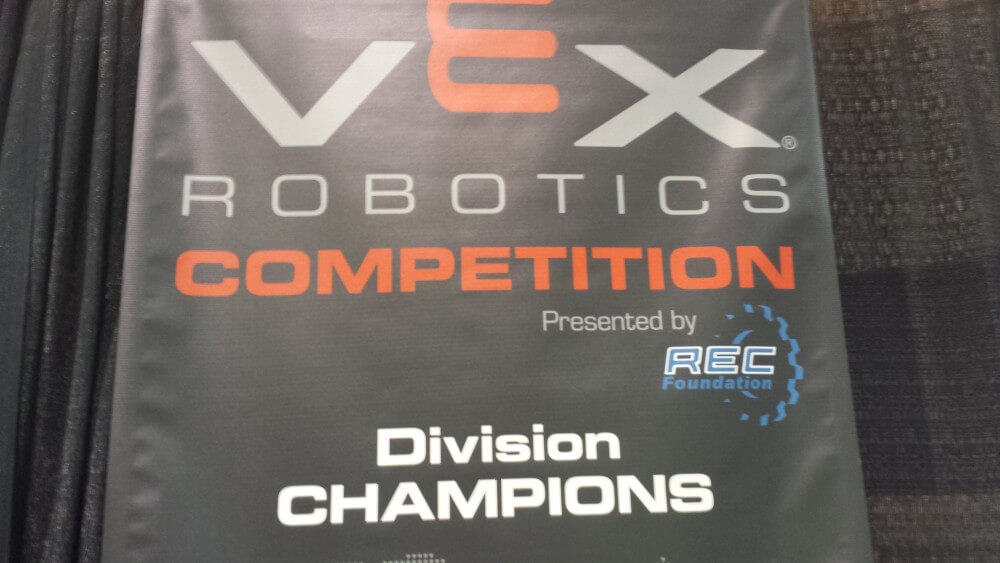
Learning with Legos: Literacy
Because I am a literacy advocate, I decided to focus on the literary value of Lego. Amazingly, there are many. Here are just eight:
Lego Robotics sets encourage speaking, writing, and reading—all important literacy and life skills.
This past summer, the Lego Robotics exhibit at the HEAV Convention caught my eye because it was always swarming with children and dads. I stopped by to investigate. While perusing the exhibit, I was reminded that children will read and write about what they are interested in. Clearly, Lego toys are a high-interest subject.
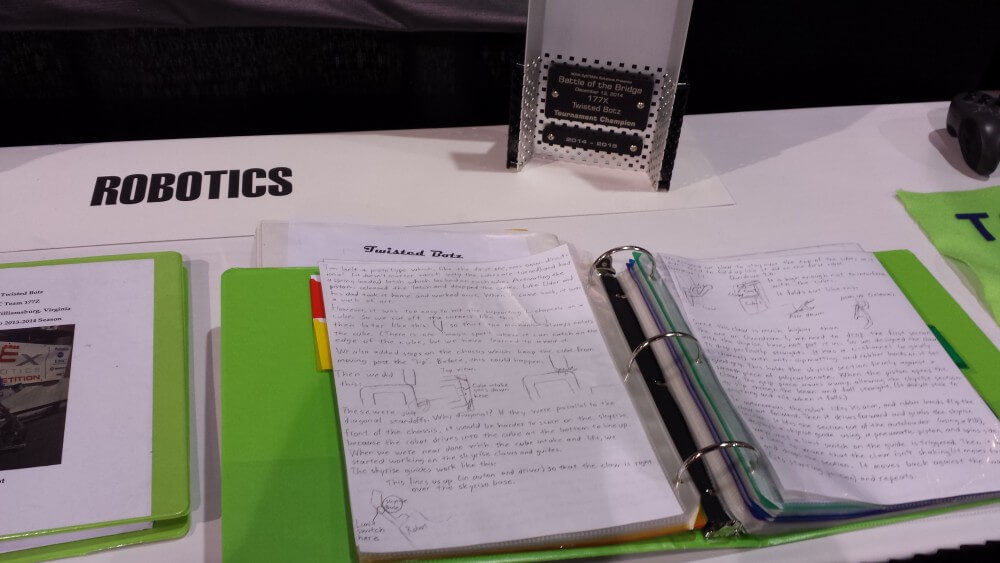
Several years ago, my children were on a Lego Robotics team. I can truly testify that they did a lot of reading, research, teamwork, problem solving, writing, and presenting. In fact, they presented sustainable solutions for a transportation problem to different organizations. They did so well that they earned a slot to go to the state competition. LEGO toys were part of their daily routine growing up, leading to increased literacy. They read more research than they’ve ever read, they interviewed people to get information while recording their responses (a valuable writing skill), they wrote their presentation, and they presented it in front of many groups. All of this took teamwork and literary skills.
The key to motivating your reader is high-interest material.
LEGO blocks are extremely high-interest material, which leads individuals to want to know more about Lego, which leads to reading and writing.
LEGO books are also high-interest material.
When children are enthralled in a subject, they will read about it. I’ve had children beg to take home books about Lego people. In addition, children will read non-fiction books to learn how to make more Legocreations. Check out these books:
The LEGO® Ideas Book
“Go, Build, and Write.”
When my boys were young, I had them recreate the Jamestown Settlement using Lego blocks following a visit there. After they had built it, I had them write about it. It was so fun to use a toy, Lego blocks, to enrich their history lessons. This is just one small example of using Lego products to build and then write about the experience. Another time, we visited the zoo. The boys came home and immediately built a zoo with their Lego blocks, without my prompting. Later, I had them write about their day at the zoo. Because they had just reenacted the experience, they were able to put their thoughts onto the paper with more ease. They happily wrote about the experience.
Learning with Legos encourages problem solving and sequencing.
Building with Lego blocks requires the ability to sequence and problem solve. Both of these skills are essential to reading comprehension.
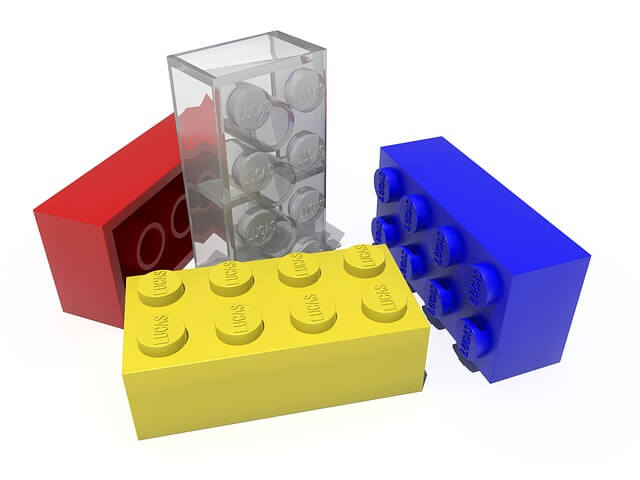
LEGO sets allow for open-ended play, which promotes experimenting and risk taking.
Experimenting and risk taking are important skills that lead to confidence. These skills, plus confidence, enhance one’s ability to easily compose works in writing.
Building with LEGO products leads to understanding sentence structure.
Cecilia Weckstrom, head of the LEGO Learning Institute, shares, “Language is an example of a system where meaning is constructed by assembling constituent parts together—you put together letters that form words, which form sentences that convey meaning.”
She continues, “LEGO bricks work in the same way as sentence formation: you put together pieces that form parts, which make up a model that also conveys meaning. The model can be taken apart and put together in many different ways, much like language. It often takes a few different iterations to get it ‘right,’ so willingness to iterate and persevere is crucial to learning.”
Pretend play helps children develop story-telling skills.
While children play with LEGO blocks and LEGO people, they create stories and scenarios for their characters. They also converse. All of these language skills are essential to writing and reading.
If you are like me, you already like LEGO blocks because they provide valuable open-ended play for your children. However, they also lead to literacy, which is such a beautiful, unexpected bonus. Now, I love LEGO even more than before.
Additional Interesting LEGO Information
Recently, I came across this article about the direction the LEGO company is going with the construction of their toys. For those of you who are really in tune to using sustainable materials, you will love the LEGO company’s next move.
Does your family play with LEGO toys? What do you find valuable about LEGO play? We’d love to hear about it.
Pamela Hall
Wife. Mom. Teacher. Writer. Education & literacy consultant. Lover of God, cappuccino, and chocolate. Leader. Ordinary with an extraordinary desire to make a positive difference in the lives of others, particularly children. Pamela is the founder of Literate For Life, a foundation offering programs to parents and teachers that educate, encourage, and empower people, particularly children, to be literate for life.
Contact her email at literateforlife@gmail.com.
Founder/blogger at website Literate For Life
Facebook
Twitter

